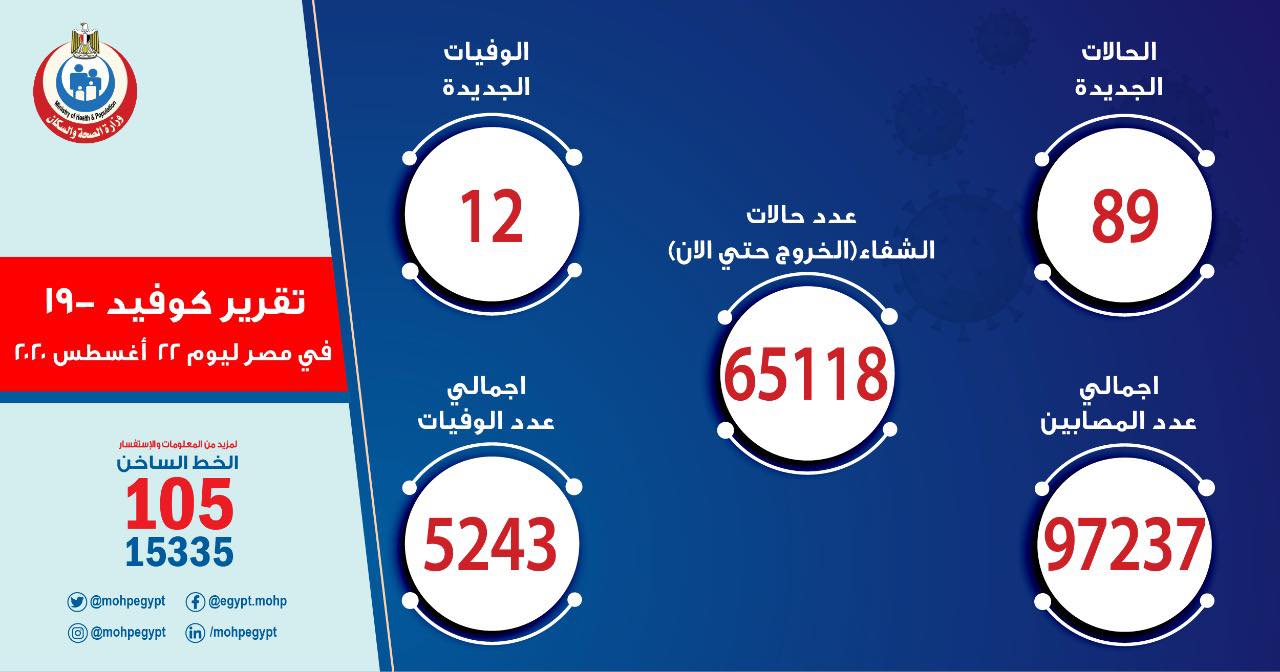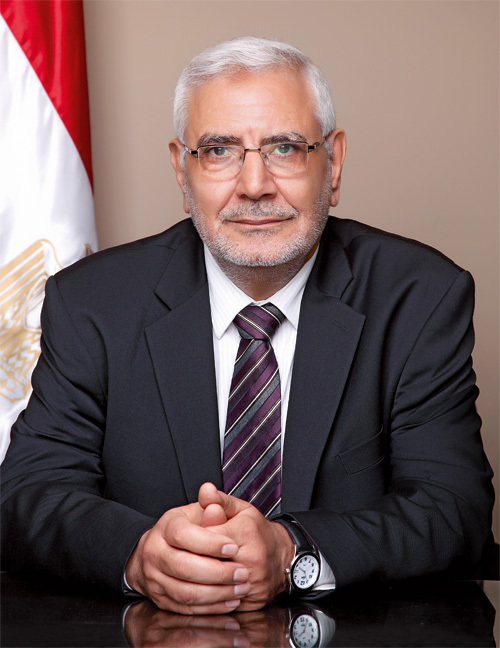On Friday (November 29) several Egyptian news websites related to the regime reported that the media producer Yasser Selim had been arrested. Several judicial verdicts had been issued against him in lawsuits regarding bounced cheques to one of the Egyptian Media Group’s companies, the group that Selim himself had previously served as deputy chairman. For that the news was greater than the arrest of a businessman would usually have been.
Yasser Selim, a former General Intelligence Service (GID) officer, has emerged since the launching of the election campaign for the nomination of former Defence Minister Abdel Fattah al-Sisi for the post of President of the Republic in 2014, as one of the supervisors of the media circulation of the candidates.
Yet, after Hazem Abdel Azim, a former al-Sisi campaign official, published his testimony on how the security services formed the parliament in early 2016, Selim’s name became more prominent, on a media level, as a person who served the regime through several positions and investment roles in the sectors of media, tourism, hotel and car trade related to the GID.
From intelligence to media production
Selim stepped into the world of media production through his company Black and White to take over Dot Egypt/Dotmsr news website, which began and continued under the administration of the late journalist Abdullah Kamal, financed by the UAE. He was a main player in the General Intelligence phased plan to acquire the media.

The plan started with removing Naguib Sawiris and his company PromoMedia. Selim shared the marketing rights of Youm7 and Al-hayat/Life Media Group and others before Sawiris was removed completely, followed by al-Sayed al-Badawi and then Mohammed al-Amin and Ahmed Abu Hashima.
At that time, the Egyptian media group acquired most of the media by merging several companies together before Selim became vice-chairman of the group and chairman and supervisor of Al-Hayat TV, Al-Asimah TV (The Capital), a radio station and others.
Since Selim became vice-chairman of the group, his name has been mentioned in the media several times, after disputes with some media figures such as the actor and TV host Tamer Abdel Moneim, who published a video accusing Selim of being behind his programme being axed on Al-Asimah TV channel, criticising him of using the intelligence service’s credit for personal interests.
Sources within the Egyptian media group point out that Salim’s fall began about six months ago, soon after several disputes between him and those managing the intelligence service’s media, in particular officer Ahmed Shaaban, the director of the head of the agency office. Above him is al-Sisi’s son and first assistant to the head of the agency.
These disagreements include his criticism of the way the media is being managed, especially the acquisition and marketing of radio and television heritage through the Watch It platform, a new company which Selim was deprived of interests in addition to a dispute over the Ramadan Qamaruddin Tent which Selim wanted to acquire and was not allowed.
Sources indicate that after these and other disputes, the regime began to fully remove Selim but he responded by communicating with former colleagues in the GID who had been removed from the agency over questions about their loyalty to al-Sisi. His intention was to launch new media projects in cooperation with them, which was not done because of his arrest before the implementation of these plans.
Sources from the Egyptian Media Group said that what happened with Selim is the regime’s most strict behaviour towards one of its men, despite the fact that there are ongoing investigations into all media officials after al-Sisi assigned the file to General Mahmoud Hegazy, al-Sisi’s brother-in-law.
This coincided with the reopening of the case of funds that were injected into this file and did not pay off either the desired media result of the propaganda of the regime or the economic profit. On the contrary, this file has drained billions of dollars without any return.
Other sources within the GIS said that media acquisition has plunged into corruption from the start through the support it received from the UAE (which he said was between $3 billion and $6 billion) to control the entire media system in Egypt.
The file was one of the reasons for the dismissal of the former head of the agency, Khaled Fawzi, and the investigation of 40 officers in the agency who were accused of wasting and/or stealing several billion.
This happened several times as whenever the file was assigned to a new person he would steal or waste a lot of money, whether in futile projects, like DMC which tens of millions were spent on to compete with Qatar’s Al Jazeera yet failed before it was launched.
Sources working in sensitive positions in the Egyptian media group confirmed the intelligence source words, adding that the way the regime deals with the file is what opens the door wide to corruption. Even when the regime investigates this type of corruption, it does so without establishing a mechanism to stop this corruption.
The point is, attributing this file to intelligence officers who have nothing to do with the media other than the internal media of the armed forces besides their loyalty to the president leads them to proceed with futile projects. Of course, you can take possession of the entire media, although it is difficult in the current open-world to promote your speech and your system, but it is strange to expect huge profits.
Everyone should pay
The source adds that what happened to Selim is part of a process of restructuring the General Intelligence and a process of restructuring the media and investigating those responsible. Both are being carried out in parallel, after the return of President al-Sisi from his recent visit to the UAE.
This happened at the same time the news broke regarding the exclusion of the direct official of the file, officer Ahmed Shaaban, who was forced to return EGP 80 million.
Tamer Morsi, Chairman of the Egyptian Media Group, was also forced to sign cheques worth EGP 200 million initially until the accounting was done. The sources said that “an attempt to raise a large amount in preparation for the new plan to be led by Lieutenant General Mahmoud Hijazi in cooperation with the National Security Agency.”
Other sources suggest that the violent behaviour towards Selim is due to an old rivalry between him and some GIS officers while working in the service. These officers – according to sources – finally emerged and occupied positions close to the presidency. In addition, important files have been assigned to them and with the beginning of the investigation into the media, which affected many leaders, they retaliated against Selim by arresting him in public.

Unlike the usual practice of secret police officers and men investigating, Selim’s photo was posted inside the police car, which would appear to be a cleansing and accountability of the corrupt within the regime.
That confusion within the media file is a result of a greater confusion within the GIS which led to conflicting news regarding the legal basis for Yasser Selim’s arrest. Wherein the news of his arrest was circulated to carry out judicial verdicts in lawsuits of bounced cheques without balance for United Media Services Company, one of the companies of the Egyptian Media Group which he served as vice-president of until recently, other news was circulated in which the company denied its relation to what is happening to Selim and the existence of any bounced cheques. They also pointed out that all financial transactions between them have been settled since he left the group six months ago. Nevertheless, there is no doubt that the arrest of Selim and publishing his photo in the media was evidence of the current conflicts and anger towards him.





Recent Comments